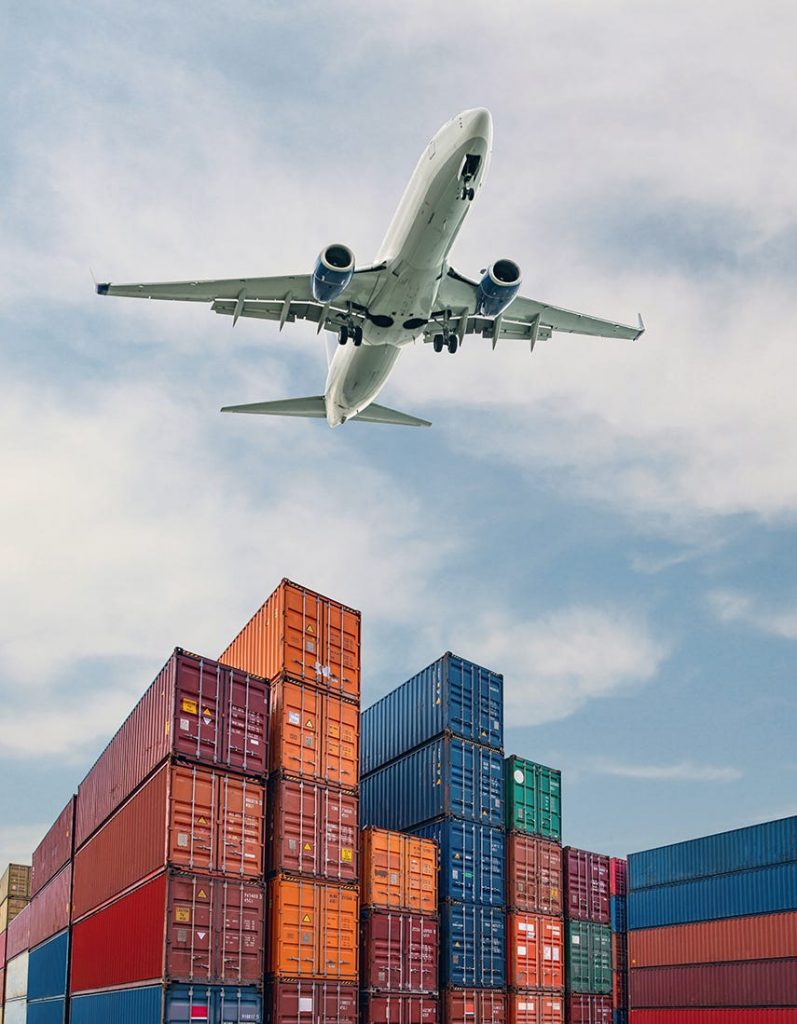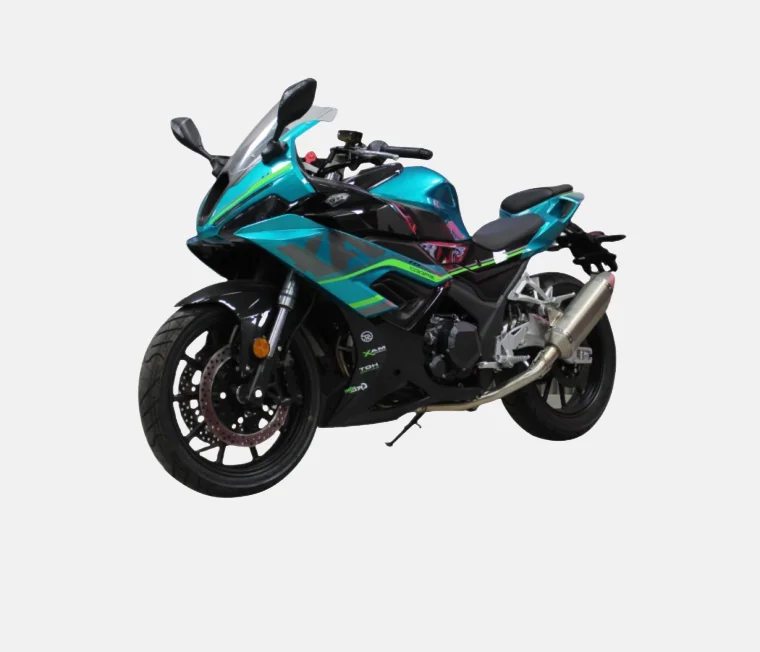Airbus vs. Boeing: Unveiling the Safety Paradox

In the realm of aviation, safety is of paramount importance. With Airbus and Boeing being the two major players in the commercial aircraft manufacturing industry, a common question arises: Is Airbus safer than Boeing? In this blog post, we will delve into various aspects of aircraft safety, including design philosophy, accident statistics, and technological advancements, to provide a comprehensive analysis and shed light on this intriguing question.
- Design Philosophy:
Both Airbus and Boeing have distinct design philosophies that influence their approach to safety. Airbus tends to prioritize automation and fly-by-wire technology, aiming to reduce human error through advanced systems. On the other hand, Boeing emphasizes pilot control and manual intervention, believing that human judgment is crucial in critical situations. While both approaches have their merits, it is essential to understand that safety is a multi-faceted concept that encompasses various factors beyond design philosophy alone. - Accident Statistics:
Analyzing accident statistics is crucial in assessing the safety of aircraft manufacturers. However, it is important to note that a single statistic may not provide a complete picture. Over the years, both Airbus and Boeing have experienced accidents, but it is essential to consider the context, circumstances, and contributing factors of each incident. Additionally, improvements in safety regulations, pilot training, and maintenance practices have significantly reduced the overall accident rate for both manufacturers. - Technological Advancements:
Advancements in technology have played a pivotal role in enhancing aircraft safety. Both Airbus and Boeing continuously invest in research and development to integrate cutting-edge technologies into their aircraft. For instance, Airbus introduced the innovative "Airbus A350 XWB" with enhanced aerodynamics, advanced avionics, and improved fuel efficiency. Similarly, Boeing developed the "Boeing 787 Dreamliner" with composite materials, advanced flight control systems, and improved cabin pressurization. These technological advancements contribute to overall safety by enhancing structural integrity, reducing fuel consumption, and improving operational efficiency. - Safety Measures and Regulations:
Aircraft safety is not solely dependent on the manufacturers but also on regulatory bodies and industry standards. Both Airbus and Boeing adhere to rigorous safety measures and regulations set by organizations such as the International Civil Aviation Organization (ICAO) and the Federal Aviation Administration (FAA). These regulations ensure that aircraft undergo thorough testing, certification, and continuous monitoring throughout their operational life. Compliance with these standards is crucial for both manufacturers, emphasizing their commitment to safety.
Conclusion:
In conclusion, determining whether Airbus is safer than Boeing requires a nuanced understanding of various factors. Both manufacturers prioritize safety and invest heavily in research, development, and technological advancements. Design philosophy, accident statistics, technological advancements, and adherence to safety regulations all contribute to the overall safety of aircraft. Ultimately, it is crucial to recognize that safety is a collective effort involving manufacturers, regulators, pilots, and maintenance personnel. By continuously striving for improvement and learning from past incidents, the aviation industry as a whole ensures the highest level of safety for passengers worldwide.
